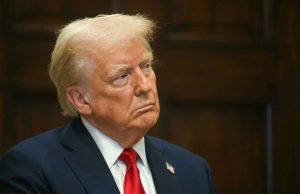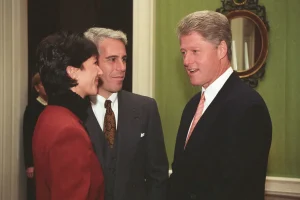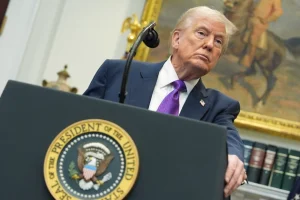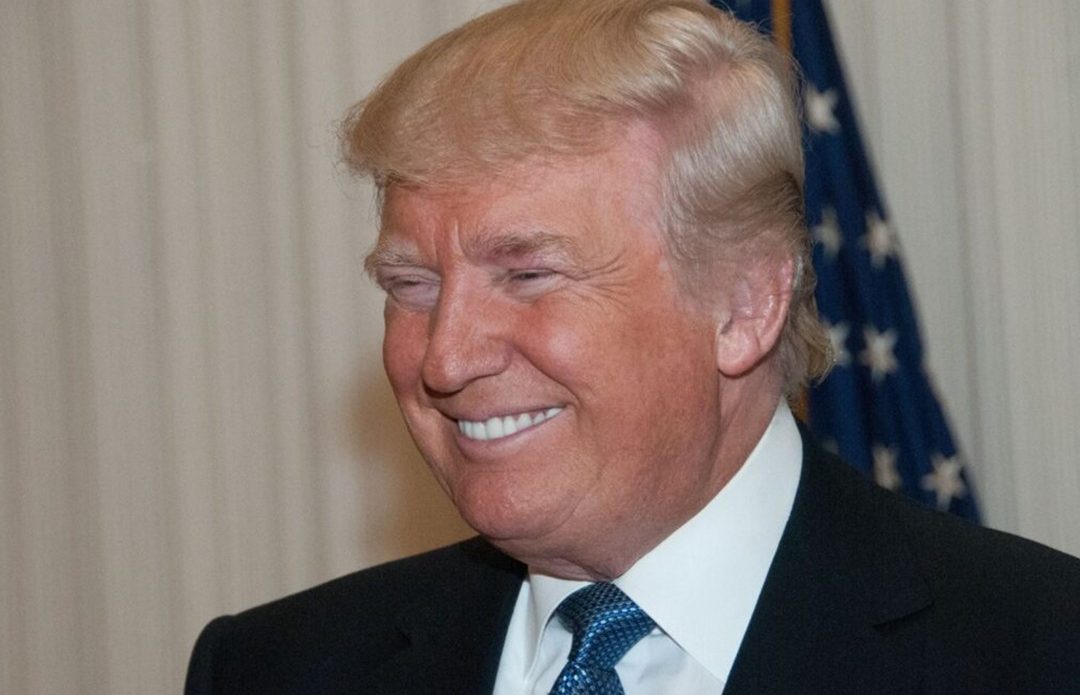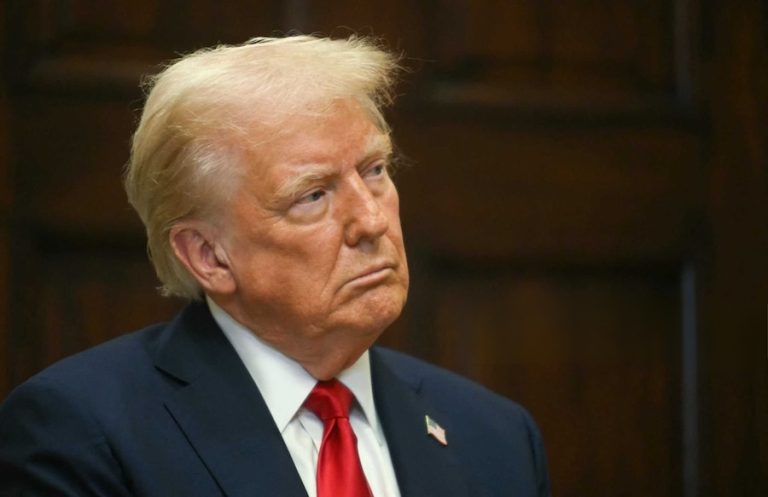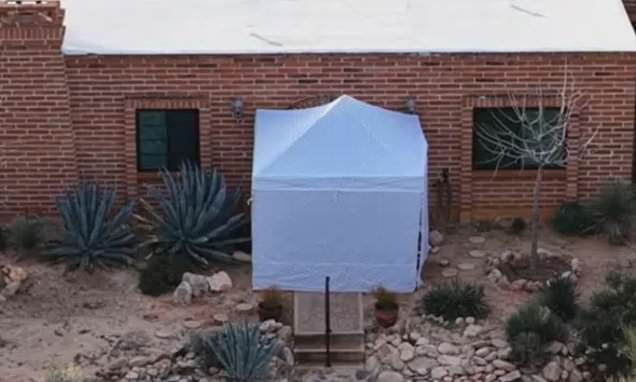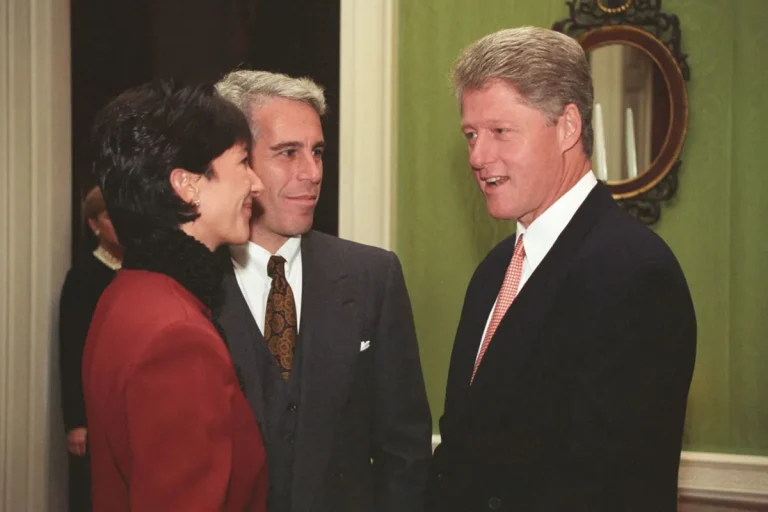Supreme Court Delivers Major Victory to Trump, Curbing Judges’ Power Over Executive Orders
In a landmark decision with far-reaching implications, the U.S. Supreme Court has ruled to limit the power of federal judges to issue nationwide injunctions against presidential executive orders. The decision marks a major win for former President Donald Trump and could fundamentally alter how presidential authority is challenged in court moving forward.
The case originated from Trump’s controversial effort to end birthright citizenship for children born in the U.S. to undocumented immigrants. Lower federal courts had previously blocked the order from taking effect nationwide. But in a 6–3 ruling, the Court’s conservative majority declared that lower courts had overstepped their bounds by halting executive action on a national scale.
Chief Justice John Roberts, writing for the majority, emphasized that district courts must confine their rulings to the parties directly involved in the lawsuit. “The Constitution does not grant lower courts the authority to impose sweeping national injunctions that override executive powers,” Roberts stated.
Legal experts say this ruling could reshape the balance of power between the executive branch and the judiciary. For years, district judges have issued nationwide blocks on presidential orders—often in high-stakes policy areas like immigration, environmental regulations, and healthcare. With this new precedent, those broad orders may now face stricter limits.
Trump’s push to end birthright citizenship has long stirred fierce debate. Critics argue it undermines the 14th Amendment, which grants citizenship to “all persons born or naturalized in the United States.” Supporters of Trump’s move claim the amendment has been misinterpreted and should not apply to the children of illegal immigrants.
While the Supreme Court has not ruled directly on the constitutionality of ending birthright citizenship, this decision clears the path for a more robust use of executive power—at least temporarily—by restricting the courts’ ability to issue sweeping injunctions.
Political analysts believe this ruling could have significant consequences for the 2024 election and beyond, especially as Trump continues to campaign on restoring strong presidential authority and cracking down on illegal immigration.
With judicial power now checked and the executive branch potentially emboldened, the political and legal landscape surrounding presidential orders may be forever changed.

Sarah Mitchell is a bestselling novelist recognized for her insightful and emotionally resonant stories that explore the complexities of human relationships. Originally from Denver, Colorado, Sarah grew up in a family of teachers who nurtured her curiosity and love for storytelling. She studied psychology at Stanford University, where she became fascinated by the intricacies of human behavior—an interest that would later shape her writing career. Sarah’s novels are praised for their nuanced characters, intricate plots, and ability to capture the subtle tensions that define love, friendship, and family ties. Her breakthrough novel, The Spaces Between Us, became an instant bestseller, lauded for its honest portrayal of strained family relationships and the fragile bonds that hold people together. Since then, she has published several works that continue to captivate audiences around the world. Outside of her writing career, Sarah is passionate about mental health advocacy and often partners with organizations to promote awareness and support for those struggling with emotional well-being. Her personal life is quieter—she enjoys hiking in the Colorado mountains, practicing yoga, and spending time with close friends. With each new book, Sarah Mitchell cements her reputation as a writer who illuminates the beauty and struggles of human connection.
